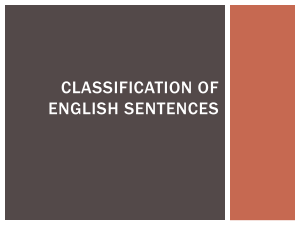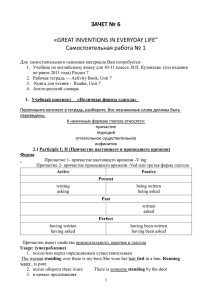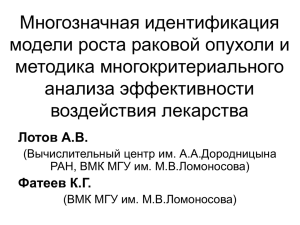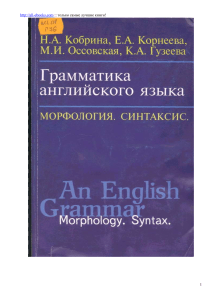Функции герундия
реклама
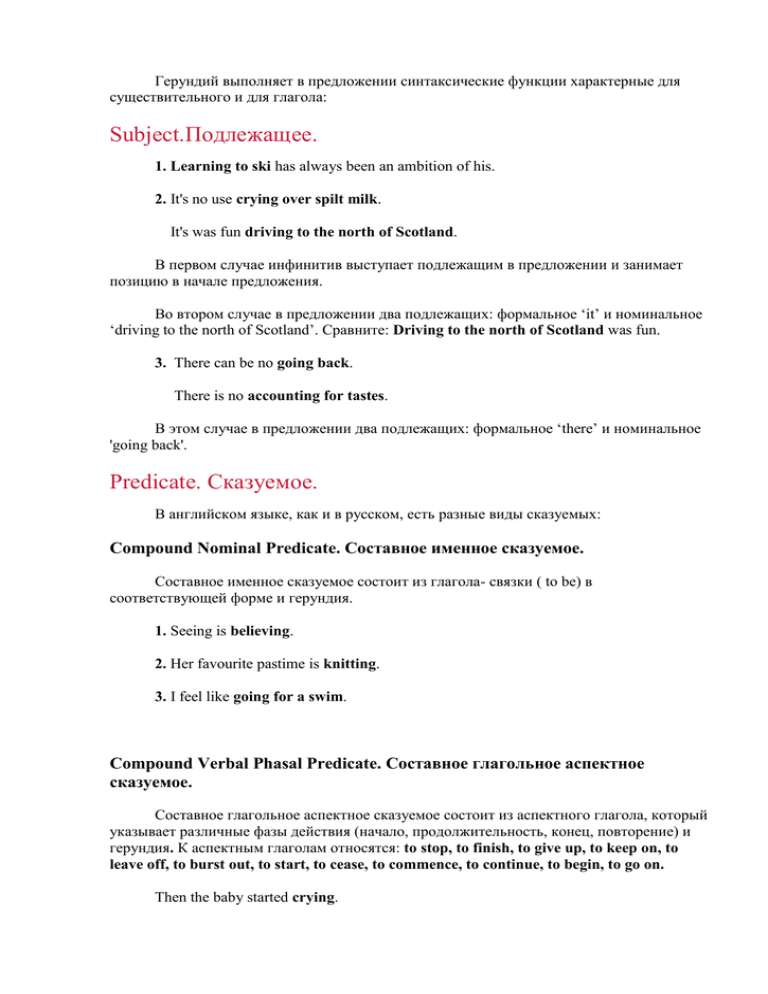
Герундий выполняет в предложении синтаксические функции характерные для существительного и для глагола: Subject.Подлежащее. 1. Learning to ski has always been an ambition of his. 2. It's no use crying over spilt milk. It's was fun driving to the north of Scotland. В первом случае инфинитив выступает подлежащим в предложении и занимает позицию в начале предложения. Во втором случае в предложении два подлежащих: формальное ‘it’ и номинальное ‘driving to the north of Scotland’. Сравните: Driving to the north of Scotland was fun. 3. There can be no going back. There is no accounting for tastes. В этом случае в предложении два подлежащих: формальное ‘there’ и номинальное 'going back'. Predicate. Сказуемое. В английском языке, как и в русском, есть разные виды сказуемых: Compound Nominal Predicate. Составное именное сказуемое. Составное именное сказуемое состоит из глагола- связки ( to be) в соответствующей форме и герундия. 1. Seeing is believing. 2. Her favourite pastime is knitting. 3. I feel like going for a swim. Compound Verbal Phasal Predicate. Составное глагольное аспектное сказуемое. Составное глагольное аспектное сказуемое состоит из аспектного глагола, который указывает различные фазы действия (начало, продолжительность, конец, повторение) и герундия. К аспектным глаголам относятся: to stop, to finish, to give up, to keep on, to leave off, to burst out, to start, to cease, to commence, to continue, to begin, to go on. Then the baby started crying. It has stopped raining. He continued living with his parents even after marriage. Object. Дополнение. Герундий выступает в роли дополнения, если он зависит от глагола, прилагательного, причастия и отвечает на вопрос «что?». 1. Используется после глаголов: to admit, to appreciate, to deny, to dislike, to enjoy, to fancy, to imagine, to mention, to miss, to mind, to risk, to suggest etc. My wife mentioned seeing you the other day. He admitted having stolen the car. 2. После выражений: can't help, can't stand, need, want, to be worth, require, deserve. After the film I couldn't help crying. The house needs painting. 3. После глаголов с предлогами: to suspect somebody of, to object to, to look forward to, to rely on, to insist on,to succeed in, to apologize for, to thank somebody for etc. The police suspected him of carring out two bomb attacks. I apologize for losing my temper. 4. После некоторых выражений: to be afraid, to be capable, to be sure, to be fond of, to be aware of, to be tired of, to be used to, to be interested in, to be good at, to prevent somebody from etc. I'm not very fond of cooking. She's keen on playing tennis. Attribute. Определение. Герундий выступает в роли определения, если он зависит от существительного, местоимения и отвечает на вопрос «какой?» 1. There is no sense in getting upset about it. 2. I have no interest in continuing this conversation. 3. Герундий также выступает определением, если он выражает назначение какоголибо предмета: a diving suit - a suit for diving, a carving knife - a knife for carving. Adverbial Modifiers. Обстоятельство. В этой синтаксической функции герундий всегда употребляется с предлогом! Adverbial modifier of time Предлоги: on, after, before, in, since After leaving school, Mackey worked in a restaurant. I usually take a shower before having my breakfast. Adverbial modifier of manner Предлоги: by, in We learn by listening. Open it by pulling. The day was spent in packing. Adverbial modifier of reason Предлоги: because of, through, for, from, from fear of, in, on account of In refusing to work abroad, she missed an excellent job opportunity. I couldn't speak for laughing. Adverbial modifier of substitution Предлог: instead of I stayed in bed all day instead of going to work. Adverbial modifier of comparison Предлоги: rather than, than, better than, worse than, as....as I like skiing better than skating. He found lying on the beach just as boring as sitting. Adverbial modifier of concession Предлоги: in spite of, despite Liza got the job in spite of having no qualification for it. Adverbial modifier of condition Предлог: without You can't make an omelette without breaking eggs. Adverbial modifier of exception Предлог: except for She felt fine except for being a little tired.
